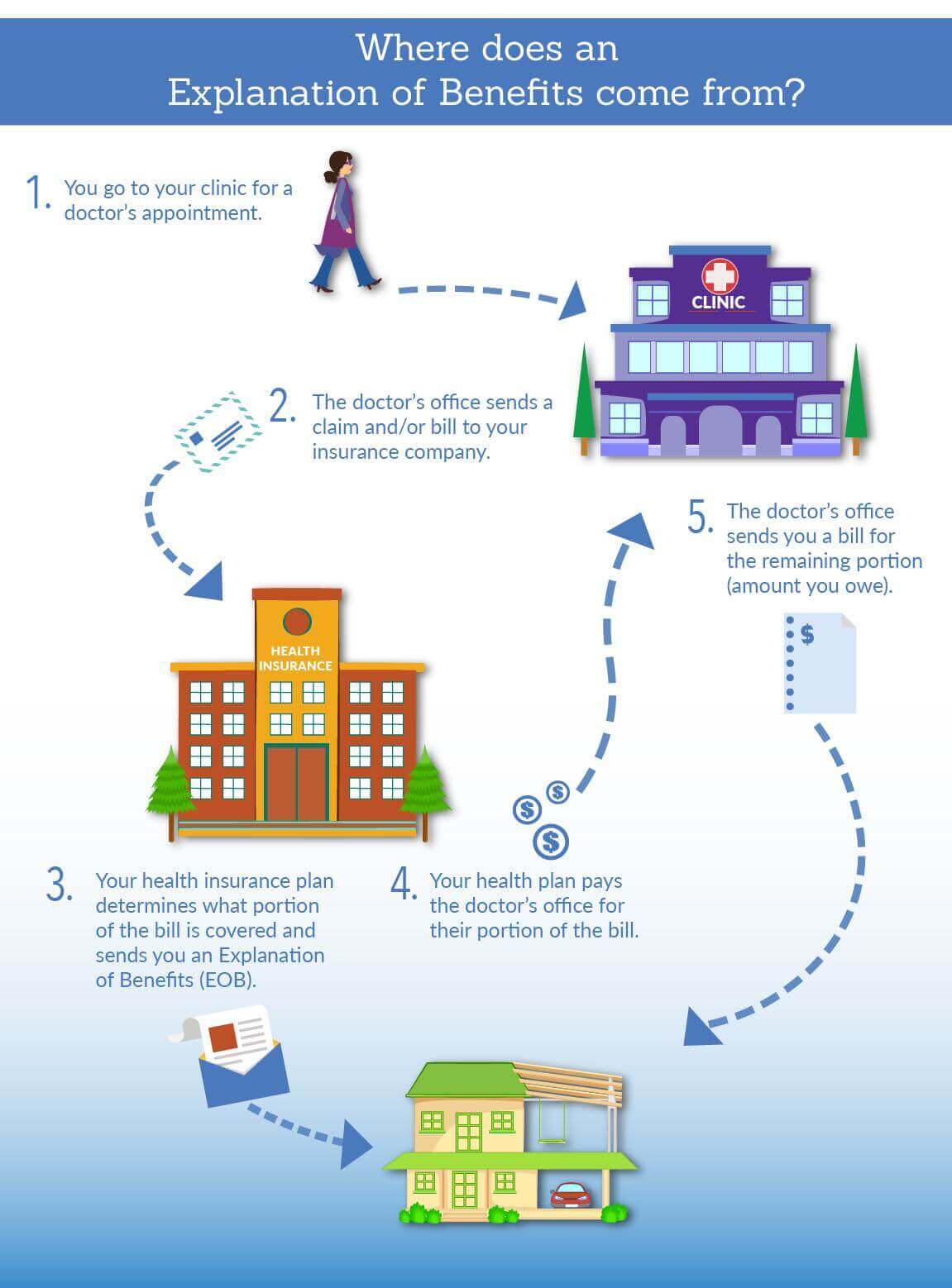NPR’s sites use cookies, similar tracking and storage technologies, and information about the device you use to access our sites (together, “cookies”) to enhance your viewing, listening and user experience, personalize content, personalize messages from NPR’s sponsors, provide social media features, and analyze NPR’s traffic. This information is shared with social media, sponsorship, analytics, and other vendors or service providers. See details.

Paying Copay Before Seeing Doctors

You may click on “Your Choices” below to learn about and use cookie management tools to limit use of cookies when you visit NPR’s sites. You can adjust your cookie choices in those tools at any time. If you click “Agree and Continue” below, you acknowledge that your cookie choices in those tools will be respected and that you otherwise agree to the use of cookies on NPR’s sites.
Copays and deductibles are both features of most insurance plans. A deductible is an amount that must be paid for covered healthcare services before insurance begins paying.


Help Paying Doctor Copays
- Almost all private insurance policies require the insured person to pay a co-pay when visiting a doctor or any other health care provider. The co-payment amount varies depending on the insurance plan. Typical co-pays for a visit to a primary care physician range from $15 to $25. Co-pays for a specialist will generally be between $30 and $50.
- A copay (or copayment) is a flat fee that you pay on the spot each time you go to your doctor or fill a prescription. For example, if you hurt your back and go see your doctor, or you need a refill of your child's asthma medicine, the amount you pay for that visit or medicine is your copay.
- Patient Advocate Foundation's Co-Pay Relief program exists to help reduce the financial distress patients, and their families face when paying for treatment. We believe that no patient should go without life changing medications because they cannot afford them. We are here to help.

